How-to: Separating Trash for Recycling
Everyone wants to do their part to protect the environment, yet some well-meaning people exacerbate the situation. An excellent example is poor garbage sorting. Failure to separate recyclables from the garbage can contaminate usable goods. Here’s a primer to make sure you’re doing everything correctly.
WHICH ITEMS CAN BE RECYCLED?
So, given that, what can you recycle? Here’s a quick rundown:
- Cardboard boxes or any hard plastic bottles or containers in your kitchen
- Junk mail, telephone directories, and outdated magazines
- Newspapers and office paper supplies
- Cans of tin
- Cans made of aluminum
- Cans made of steel
- Bottles of soda/beer
- Food storage containers
- Bottles of wine
LEARNING TO DIFFERENTIATE TRASH FROM RECYCLABLE ITEMS
Loose plastic bags, plastic food utensils, and anything stained with food is not recyclable.
With that in mind, you may begin to learn to recycle and separate. The most straightforward approach to separating/preparing your recyclable materials is to do it as soon as feasible. Set up a spot in your home to collect your various plastic and paper-based recyclables, and as soon as you find something that meets the criteria, transfer it over. Having an area specified will protect you from accumulating too much clutter and provide you with something that will fit into your lifestyle. For example, if you find little food crumbs, pick them up as soon as possible.
Knowing the recycling processes in your area is also essential. Recycling pickup is available in some areas, precisely like trash pickup. In others, you must provide your transportation.
CARDBOARD & PAPER
Newspapers are a fantastic item to recycle; recycling a 4-foot stack saves the equivalent of one 40-foot fir tree. Newspaper stacks should be preserved in their separate bin because newspaper content is recycled straight into newsprint.
Junk mail, glossy papers, magazines, those annoying pizza hang tags on your door or vehicle window, envelopes, computer paper, and paper packaging may all be thrown into the same bag. Although staples are permitted, any plastic wrap or rubber bands should be removed. Likewise, cardboard, stickers, laminated papers, or carbon paper (such as receipts) should not be thrown away.
Corrugated cardboard is in high demand. Many curbside collectors advise baling them together and tying them with a cord. Wet or oily cardboard might clog sorting equipment, so keep it dry.
Your plastic-lined drink cartons, such as your milk carton or special juice carton, are often accepted; however, check with your local recycling facility first.
Plastic food wrappers, soiled tissues, and napkins CAN NOT be recycled. Reduce the number of food wrappers in the garbage, and COMPOST your tissues and napkins.
Recycled cardboard is used to manufacture cereal boxes, paperboard, paper towels, tissues, printing and writing paper, and various other cardboard products.
PLASTICS
Every piece of plastic ever created is still here; it does not degrade in landfills. Thus, it must be recycled and never littered. It may be recycled into a variety of goods. Remember that recycling plastic differs depending on your local recycling facility. Call to find out what they accept.
Almost all recycling facilities accept plastics #1 (PET) and #2 (LDPE) (HDPE). Plastic #4 and plastic #7 are often not recyclable; however, some plastic #7 is biodegradable; this is generally noted on the actual package or container.
Plastic bottles are often constructed of #1, a highly prized recyclable. However, before recycling, tops should be removed.
Plastic shopping bags are not frequently collected curbside. However, most supermarkets offer a container out front where you can recycle your plastic bags. Always carry your bag to avoid contributing to the rising plastic bag problem. If you must use a plastic bag, make sure to recycle it.
Plastic #6 (polystyrene) is also not biodegradable. Food trays, such as microwaveable meals, plastic egg cartons, cups, and so on, are examples of this. A few recycling locations accept this stuff, but call ahead and double-check. Again, it is preferable to minimize this stuff as much as feasible.
GLASS
On the glass, paper labels do not need to be removed. Remember to rinse and, in some places, dry!
Clear, green, and brown glass may all be recycled — recycling facilities like it if you separate by color.
Do not recycle lightbulbs, mirrors, ceramics, sheet glass, and other items in this container.
ALUMINUM, STEEL, AND COPPER
Copper, like bronze and brass, is entirely recyclable.
It’s recommended that food cans be washed off any leftover residue, and labels should be removed if possible.
Aluminum cans can be recycled forever, making them one of the most valuable recyclables. Within a month of recycling, a recycled can resembles a brand-new can.
Aluminum foil, and foil packaging, may be recycled, contrary to popular belief. Ascertain that it is clean of food debris. In addition, this material is processable into aluminum mechanical components such as engine parts.
Cans of paint and aerosol are recyclable. However, because they are considered hazardous trash, they must be isolated from other metals and retain all labels.
Americans consume one beverage from an aluminum can on average daily, yet we only recycle slightly more than 49 percent of the cans we use. Every year, 2.7 million tons of aluminum are thrown, and barely half of that amount is recycled.
ELECTRONICS
Printers, laptops, smartphones, hardware, and batteries should be recycled or donated. In addition, schools, libraries, and churches frequently hold local E-Waste recycling drives.
Get out and visit with your neighbors in your neighborhood to discover if an E-Waste collection is prevalent. If not, contact your local government to find out where you may donate these products.
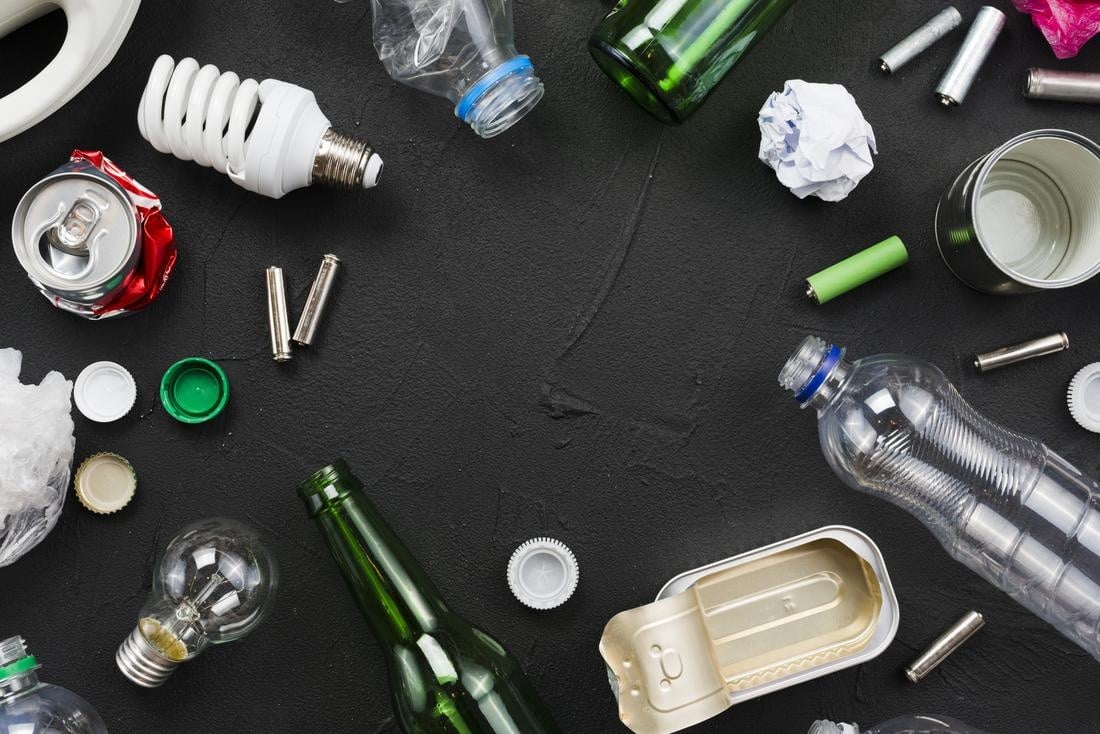
Separating Trash for Recycling Final Thoughts
If you’re still unsure of what can and cannot be recycled in your area, give your local recycling center a call. They will be more than happy to help guide you through the process. It’s easier than you think to recycle properly, and it makes such a difference for our planet! Are you recycling all of your trash? Find a recycle center today and start making a difference!
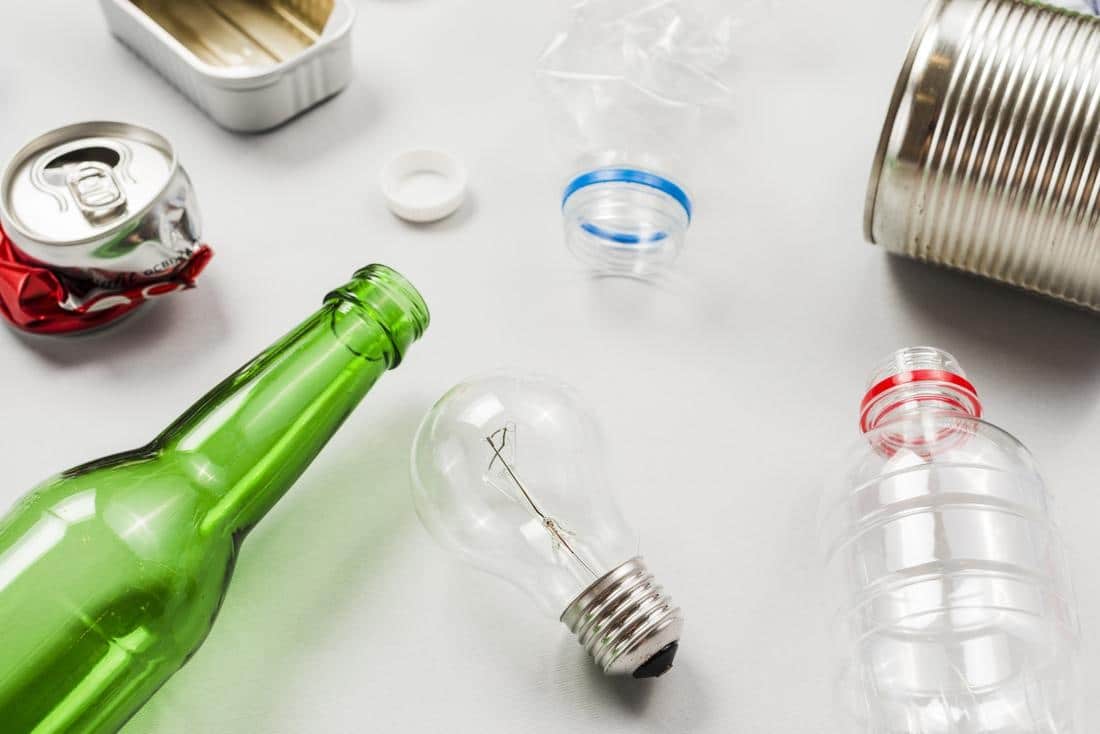
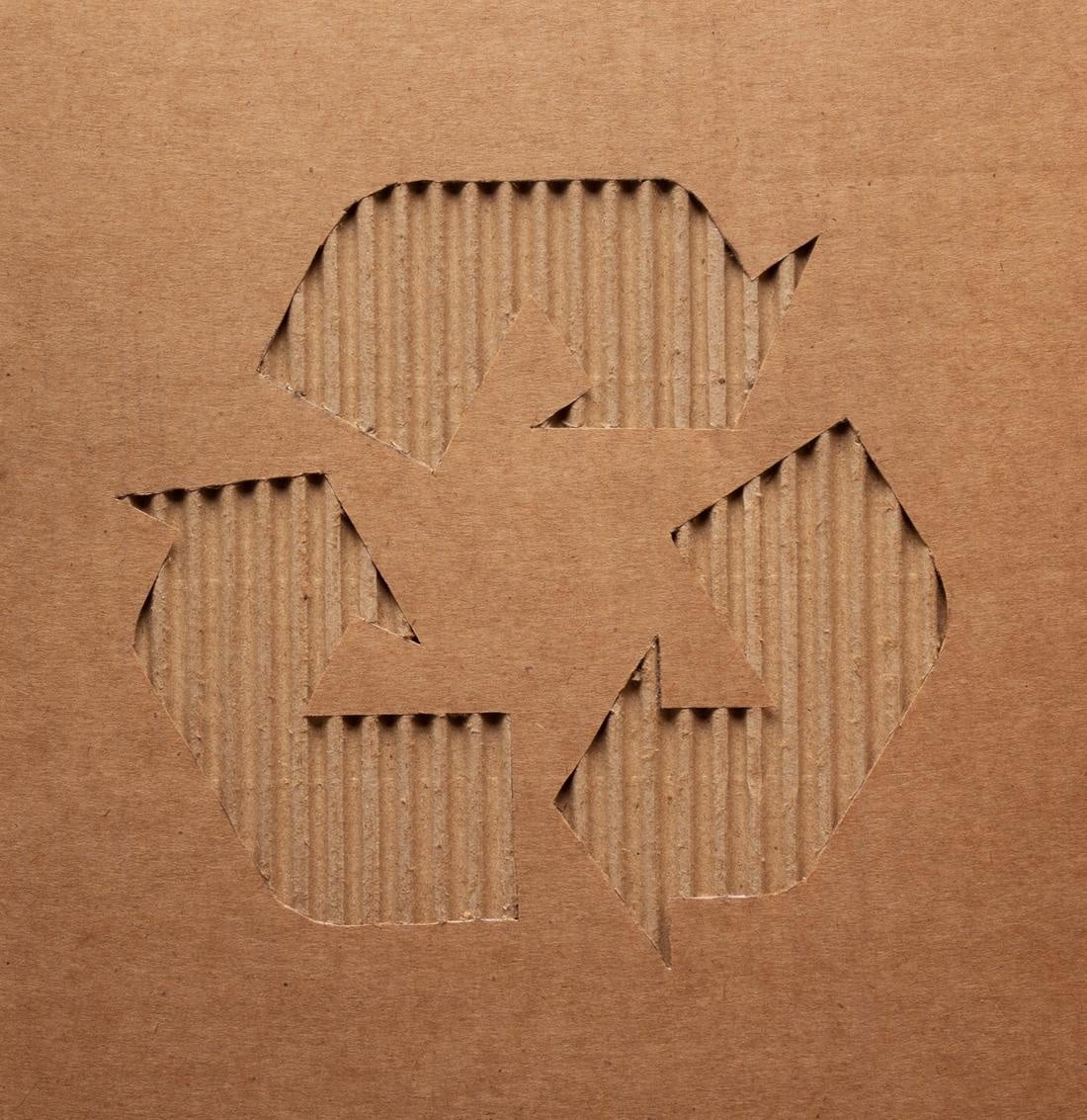
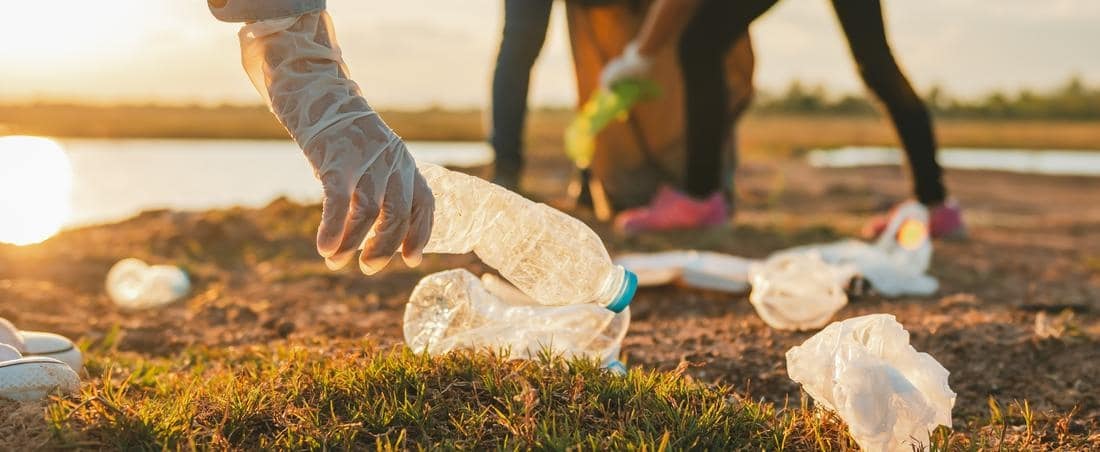
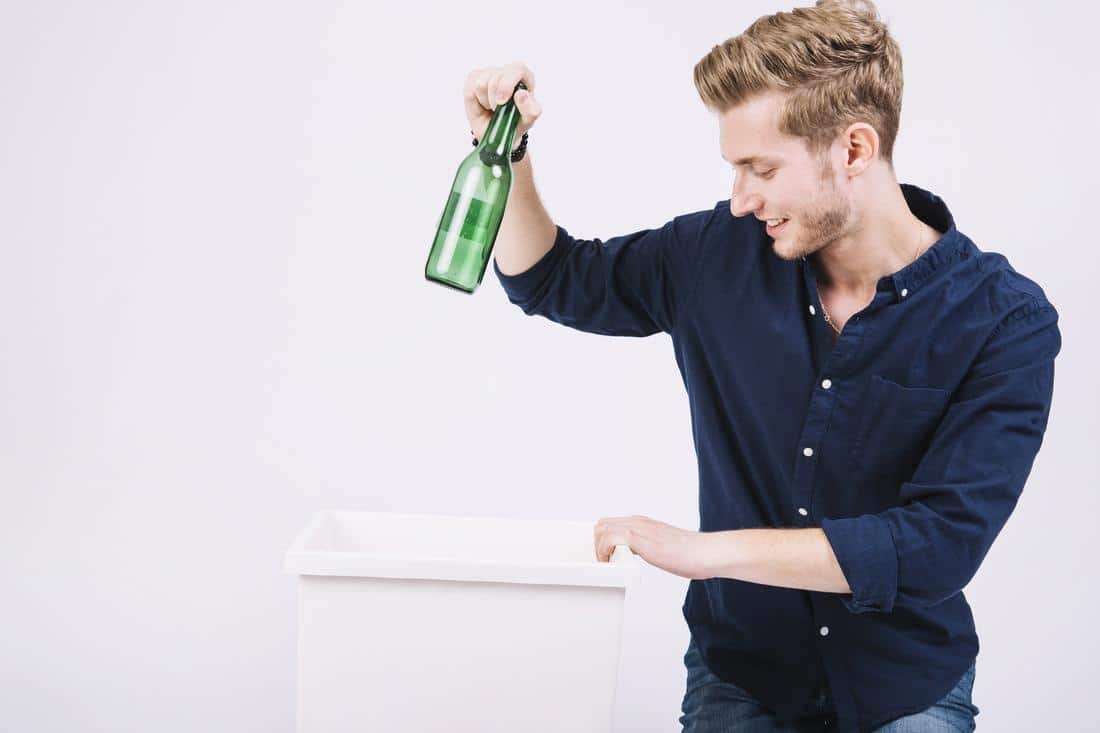
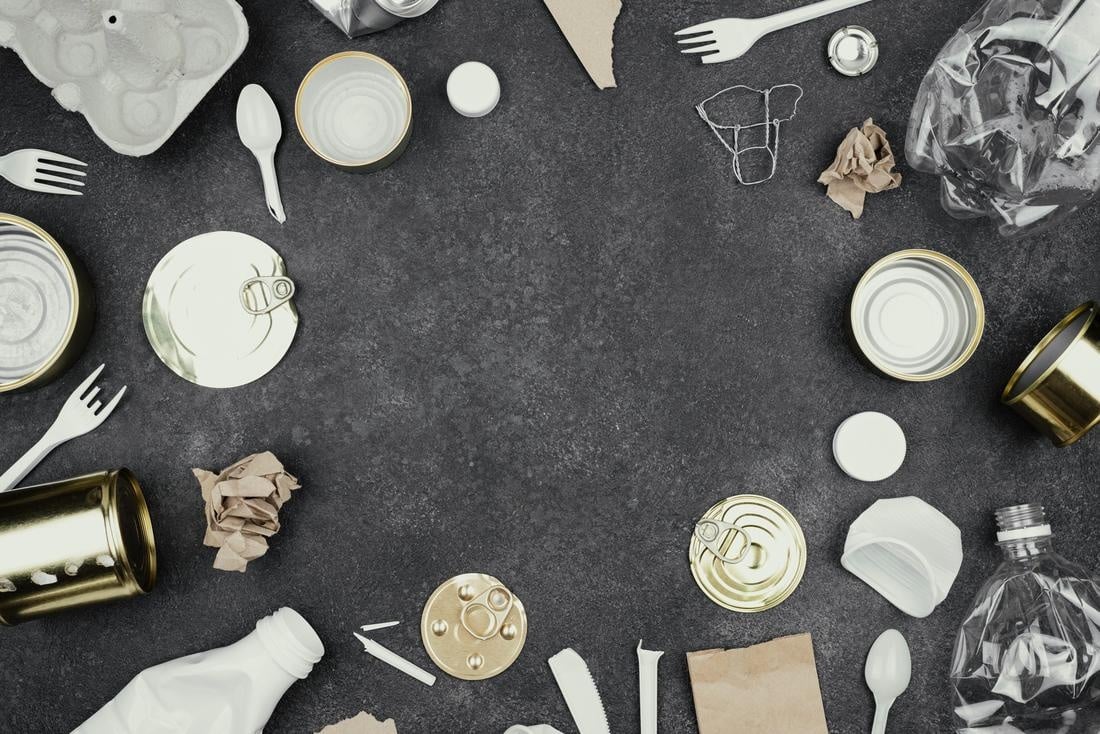
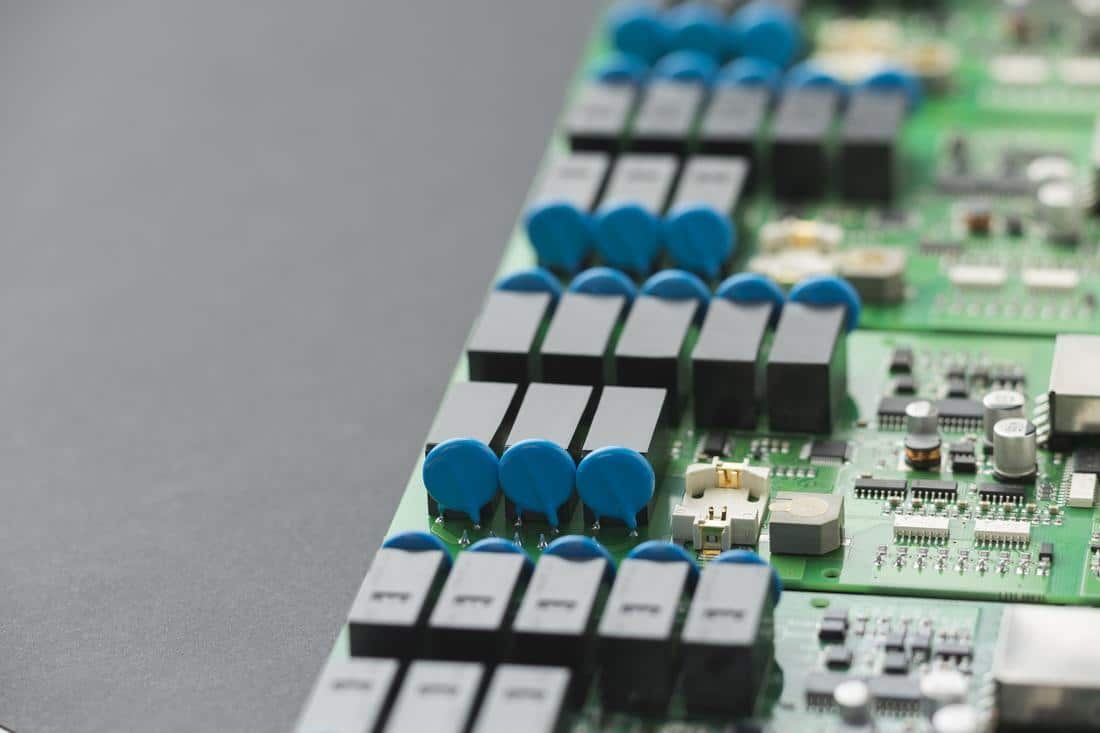
Leave A Comment